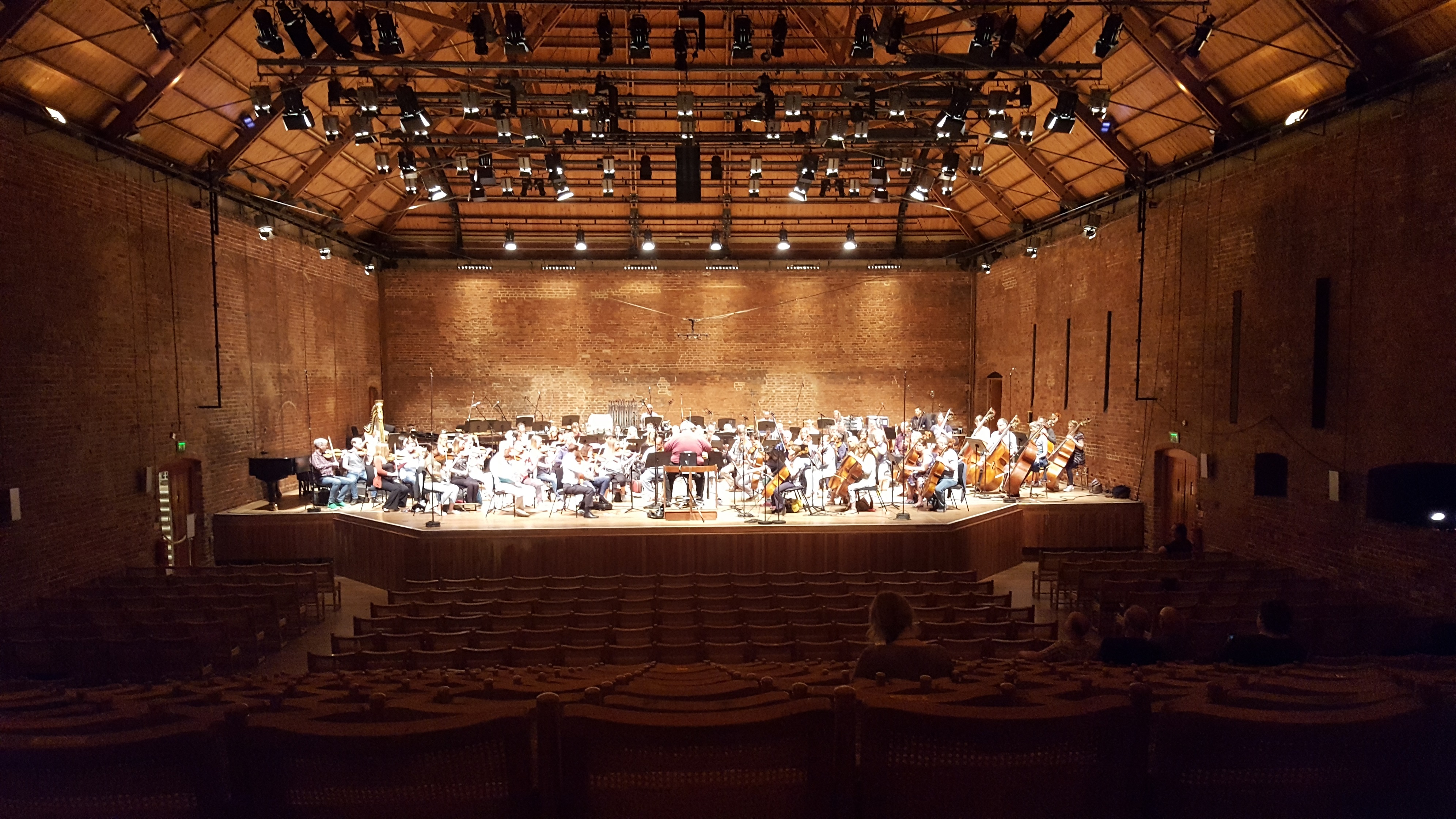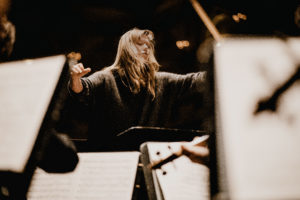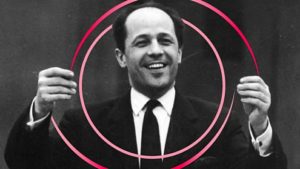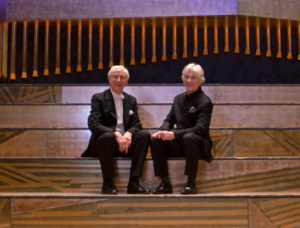
Hats off to the Aldeburgh Festival, Oliver Knussen and the BBC Symphony Orchestra. A premiere and three rarities in the Snape Maltings Hall on a packed Saturday Night including Copland’s monumental Music for a Great City.
The main draw for most most certainly would have been Aaron Copland’s most famous work Appalachian Spring. Nothing rare about that and judging by some of the festival literature which suggested a running length of 25 minutes you would have been fully justified at expecting the shortened suite version. However, this was a much bigger fish – the complete ballet in the 1954 arrangement for full orchestra. Eight minutes extra of sublime music but from a large ensemble. The suite version concludes not long after the Variations on a Shaker Theme Simple Gifts whilst in the full ballet you get some cautionary tales from the Preacher at this stage – putting the fear of God into the happy married couple before the honeymoon period can begin. The Fear in the Night section of the ballet has lots of dissonance. Heavy on double basses and brass it showcases the less populist nature of Copland’s composing style. The playing was exemplary with flautist Michael Cox deserving special mention for a flawless display. Apart from a couple of minor blips in the brass section the overall experience was possibly the most satisfying Appalachian Spring performance I have seen.
The premiere piece was Philip Cashian ‘s The Book of Ingenious Devices – a piano concerto in all but name played with a great deal of verve by fellow composer Huw Watkins. The work sat well in this company, with some brooding thunderous percussive effects and the reaction of the audience suggests that other performances are likely to follow. The two note ending in particular is very entertaining as it comes as an almost afterthought after all the manual dexterity that has gone before. It’s so very simple but provides a charming end to the 25 minute work. Philip Cashian came on to take a bow at the end and was evidently pleased with the efforts of the pianist and orchestra – he almost looked like he played every note himself!
Morton Feldman was an American maverick of minimalism and his piece Structures provided a ten minute period of calm before the Appalachian Spring finale. It comprised single notes played successively from different parts of the orchestra and suggested lights going on and off.
This simplicity and stillness of this piece served as a complete contrast to the biggest draw (for me) of the night. Music for a Great City is one of Copland’s rarest pieces. It was originally written as the soundtrack to the 1961 arthouse film Something Wild and is just about as good a tour of New York as you can get without being there – the Manhattan cityscape from a distance, a crowded subway, the view from Brooklyn Bridge, the almost countryside of Central Park. It’s noisy, grubby, claustrophobic with moments of great tenderness. My friend said it sounded a bit like Leonard Bernstein’s West Side Story. And it does – a massive percussion battery with seven busy players and large brass section. But Something Wild was released four years after the other more famous depiction of New York and is anything more harder edged but shows how Copland was sometimes also influenced by his younger protégé (and not just the other way round).
It’s unusual to be almost shaken out of your seat in a concert venue and even less so when you are hoping for that to happen!
Oliver Knussen is a real hero for Copland fans. This programming was the first UK performance for this rare piece in 6 years. He has form in playing and recording rare and unknown Copland pieces. He recorded the world premiere recordings of two forgotten Copland ballets Grogh and Hear Ye! Hear Ye! He is also the last person to perform Grogh and Copland’s Nonet for strings (another 1960’s composition) in 2000.
I was lucky enough to sit in on the rehearsal as well as the evening performance. One of the problems with some of these more complicated Copland pieces is they need a bit more rehearsal time. Unfortunately, there was an in issue in the transitions in the first piece Skyline. This starts with an enormous, strident statement of intent from the whole orchestra and then after 30 seconds there is a rhythm shift to a swinging Latin section. It’s truly impressive (and was in rehearsal) but on the night the orchestra seemed to struggle twice with the transition and it seemed a bit laboured which was a shame. The slower section Night Thoughts dominated by string and woodwinds were faultless and perfect heartfelt melancholy. Three of the four movements have fortissimo (or very, very loud) endings. In rehearsal Oliver Knussen asked the trombones to play the finale louder and the orchestra were spot on with this direction. It’s unusual to be almost shaken out of your seat in a concert venue and even less so when you are hoping for that to happen!
I really hope that news travels about this performance. Music for a Great City deserves much more airplay. It won’t appeal to everyone though. I overheard the chap sat next to me say to his wife rather sardonically “I’m looking forward to Appalachian Spring as there are fewer cars in the Appalachians”. You can’t please all the people all the time but I hope that programmers take a lead from the Aldeburgh Festival organisers and resolve to offer unknown treasures of 20th century music like this on a more regular basis.
Postscript
Only three weeks after this performance Olly Knussen sadly passed away. His huge enthusiasm and influence will be sadly missed by the music world. For more details of his composing and conducting career see his Wikipedia entry and this obituary from the Guardian.








Leave a Comment